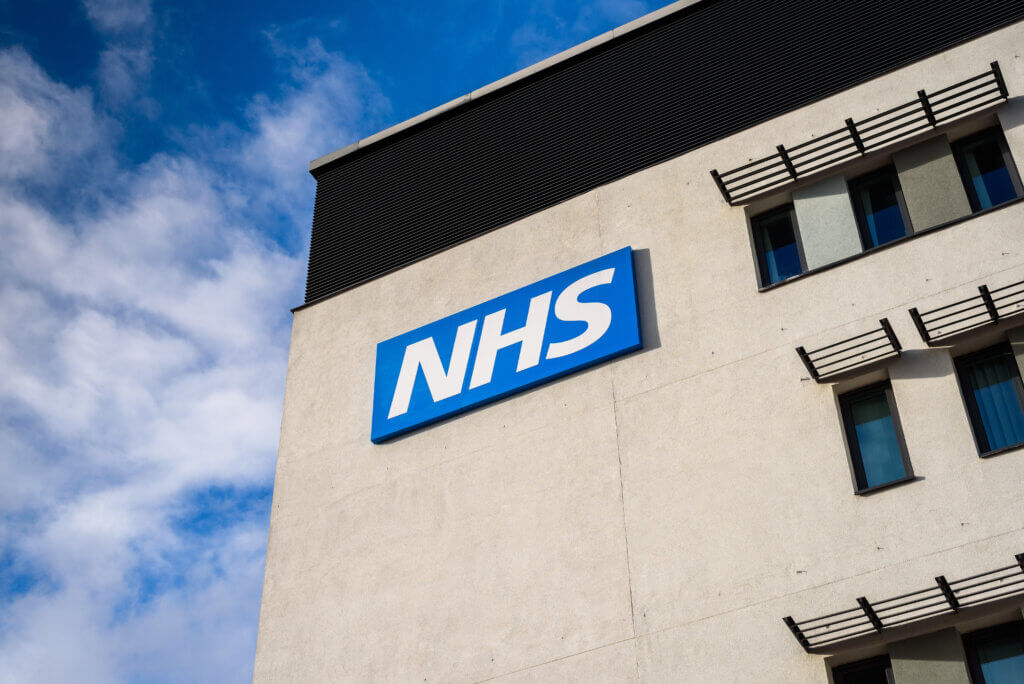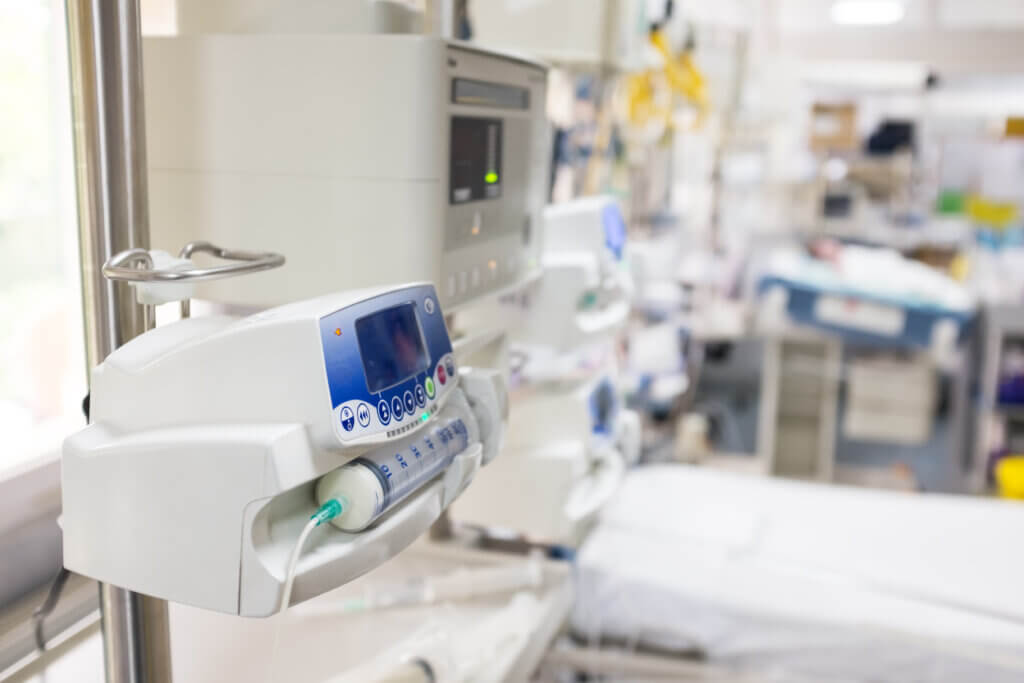Taking care of your physical and mental well-being is incredibly important while studying in the UK, and we’re here to provide you with some friendly guidance. Read on for some useful information on healthcare in London that you’ll need to know before starting your course!
A Guide to Healthcare in the UK
What Healthcare Do We Use?
In the UK, healthcare is provided through the National Health Service (NHS). As part of your Student visa application, there is a healthcare charge called the ‘Immigration Healthcare Surcharge (IHS)’ that you’ll need to pay. Currently, it amounts to £470, but please make sure to double-check the latest information on the UK government website, as the cost may vary.
Paying this fee will grant you access to the NHS for one year, covering free medical treatment, emergencies, and hospital care. However, certain services like prescription medications, optical treatment, and dental care may still require payment, which also applies to UK citizens as well.

Where Do I Go for Advice?
Once you arrive in London, you should register with a general practitioner/doctor (GP), who can assist you with most of your general health concerns.
In case of an urgent situation, remember that the emergency telephone number in the UK is 999. This number connects you to services like the police, ambulance, or fire brigade. If you require emergency hospital treatment, you can either go directly to the Accident and Emergency Department of the nearest hospital or call 111 for medical advice from the NHS.
For non-emergency medical advice, your local GP is the best contact. It’s crucial to register with a local doctor as soon as possible rather than waiting until you actually need medical treatment.
Vaccinations
Before leaving your home country, it’s recommended to have a health check-up. Upon arrival in the UK, UK immigration might ask for health certificates indicating the vaccinations you’ve received.
Tuberculosis (TB) is becoming a concern worldwide. If you come from a high-risk TB country, such as Africa, South Asia (including India, Pakistan, Indonesia, Bangladesh), Russia, China, South America, or the Western Pacific region (including Vietnam, Cambodia, and the Philippines), it’s advisable to check with your doctor regarding immunisation with the BCG vaccine against tuberculosis. Having evidence of your vaccination can be helpful.

Mental Health
Universities in the UK prioritise student mental health and welfare. If you ever feel stressed or encounter any problems, it’s important to reach out to your university’s welfare staff or someone you trust. Alternatively, you can contact Samaritans, an organisation offering 24/7 phone lines where you can speak to someone confidentially. They are dedicated to providing support and assistance.
Remember, your well-being matters, and there are resources and caring individuals available to help you throughout your time in the UK.


